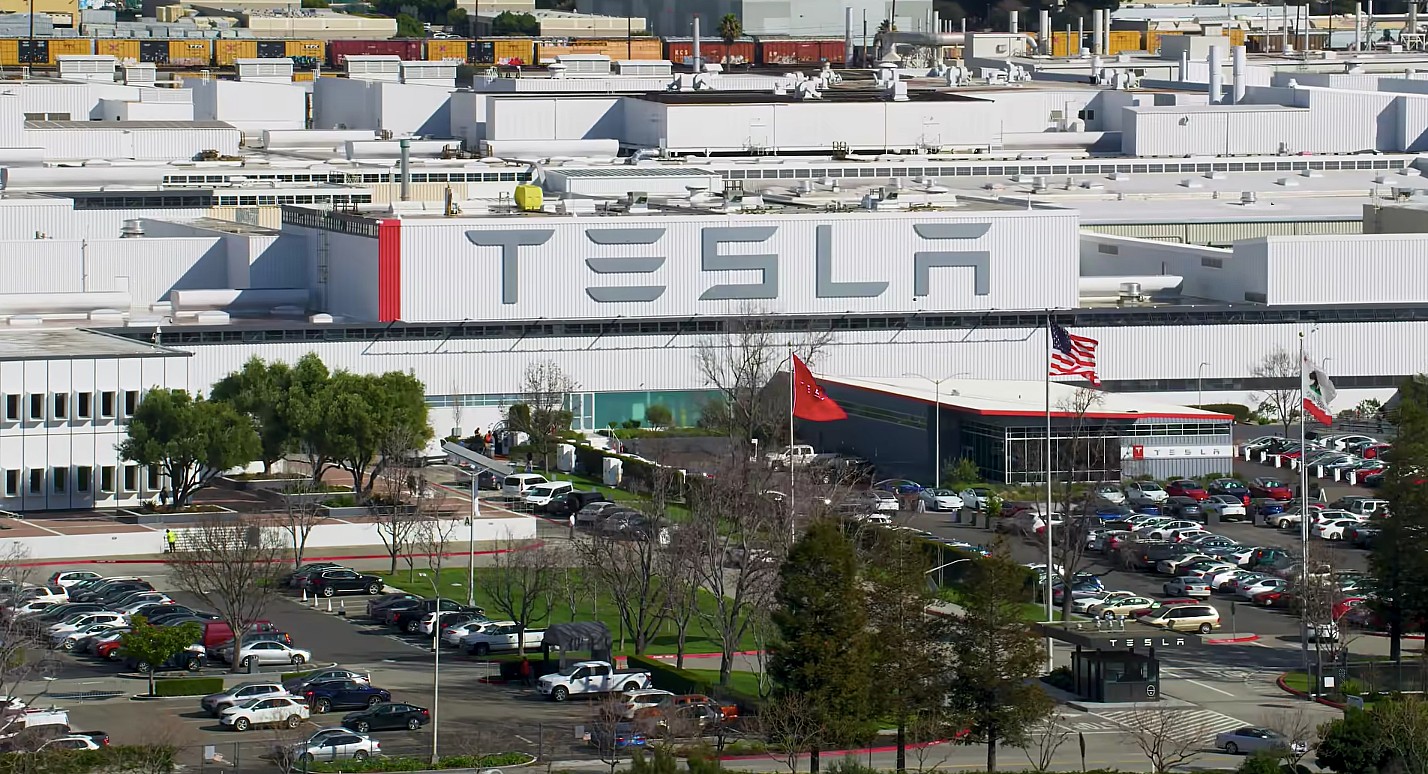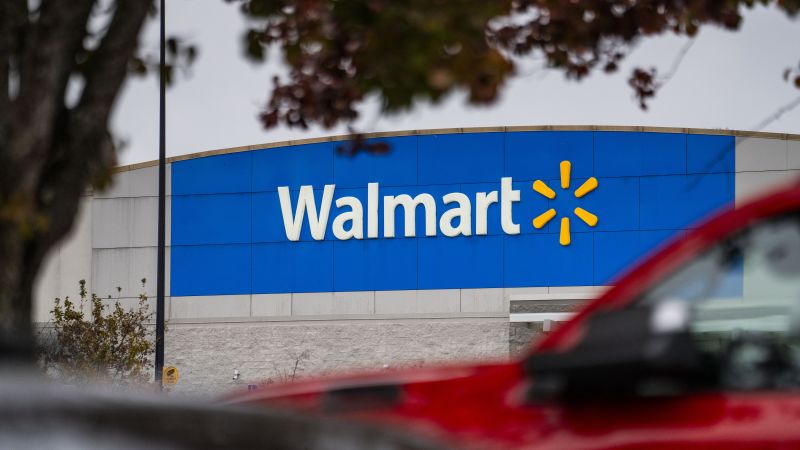Read More:
Tesla Settles Hazardous Waste Lawsuit in California for $1.5 Million
In a recent development, electric vehicle manufacturer Tesla has settled a hazardous waste lawsuit in California, agreeing to pay a settlement amount of $1.5 million. The case involved allegations of improper handling and disposal of hazardous waste, echoing concerns surrounding the environmental impact of the company’s operations.
Allegations of Improper Waste Handling
The lawsuit, filed by California’s Department of Toxic Substances Control (DTSC), accused Tesla of unlawfully storing, transporting, and disposing of hazardous waste at its Fremont manufacturing plant. The allegations include mishandling of materials such as paint, solvents, and cleaning agents. DTSC claimed that Tesla had violated state laws by failing to properly label, package, and store these hazardous materials.
Settlement and Compliance
As part of the settlement, Tesla has agreed to pay a total of $1.5 million, along with implementing proper hazardous waste management and compliance measures. These measures aim to prevent future violations and minimize the company’s environmental impact. Additionally, Tesla must now hire a certified hazardous waste coordinator to ensure compliance with state regulations.
Environmental Concerns
The hazardous waste lawsuit against Tesla highlights the ongoing environmental concerns within the electric vehicle industry. While electric vehicles are generally considered more environmentally friendly than traditional gasoline-powered vehicles, the manufacturing process and associated waste management can still have adverse effects. As the demand for electric vehicles continues to rise, companies like Tesla must ensure that their operations align with sustainable practices.
Tesla’s Environmental Commitment
Tesla has repeatedly emphasized its commitment to sustainable manufacturing practices and reducing its carbon footprint. The company aims to transition to a closed-loop battery recycling system, where materials from old batteries are recycled to produce new ones. Furthermore, Tesla has been investing in renewable energy projects and implementing energy-efficient measures in its operations.
Conclusion
With the settlement of this hazardous waste lawsuit, Tesla hopes to address any concerns about its waste management practices and establish a strong commitment to environmental responsibility. Moving forward, the company’s compliance measures and focus on sustainability will undoubtedly shape the future of its operations, contributing to a greener and more sustainable electric vehicle industry as a whole.

Read More:
- Sweeping public safety bill in D.C. aims to increase security, undoing past changes
- Get Ready for Enchanting Adventures in Season 4 with Witch Doctor
- Talk therapy shown to be effective in addressing psychological factors contributing to back pain
- Microsoft eliminates Android app integration on Windows 11
- Seven Years Later: Racing Game Enjoys Explosive Success on Steam Thanks to Epic Sale











+ There are no comments
Add yours